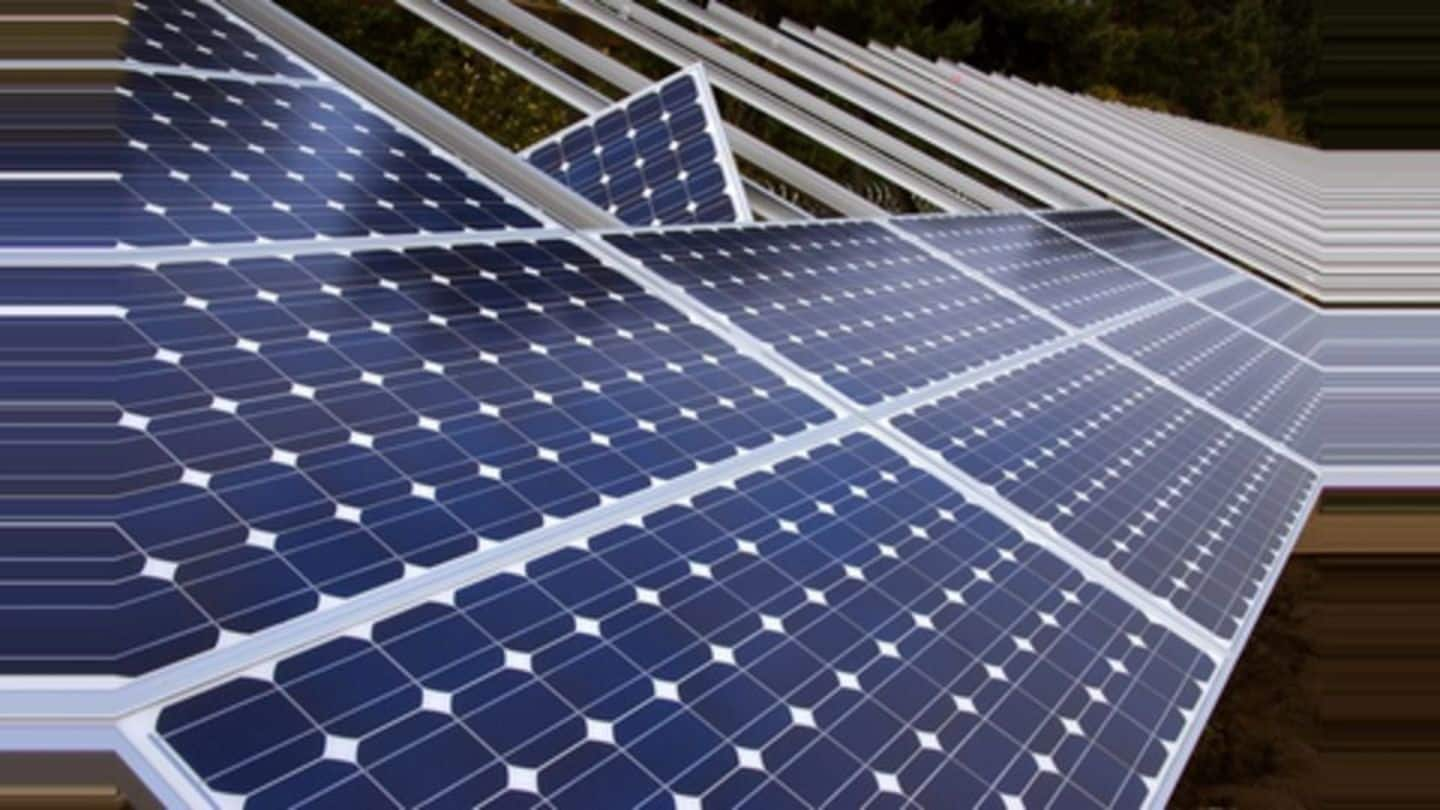
Dubai will have the world's largest Concentrated Solar Power project
What's the story
Vice-President and Prime Minister of the UAE and Ruler of Dubai, Shaikh Mohammad Bin Rashid Al Maktoum launched the world's largest Concentrated Solar Power (CSP) project in Dubai. This project will cost Dh14.2 billion (roughly $3.87 billion) and will be implemented by Dubai Electricity and Water Authority (DEWA). Once completed, this largest single-site project will produce 700 megawatts (MW) of power. Here's more.
Solar
What is it all about?
This project at Mohammad Bin Rashid Al Maktoum Solar Park will help the emirate in achieving the goals that it has set on its Dubai Clean Energy Strategy 2050. DEWA informed that the $3.9 billion contract, to build and run this power plant, has been given to a consortium comprising of China's Shanghai Electric and Saudi Arabia's ACWA Power.
Dubai
What's the plan?
MD and CEO of DEWA, Saeed Mohammad Al Tayer said that these projects were in tune with Shaikh Mohammad's vision of turning Dubai into a global hub for clean energy and green economy. The Dubai Clean Energy Strategy 2050 aims to provide 7% of Dubai's power needs via clean energy by 2020, 25% by 2030 and 75% by 2050.
CSP
What will this CSP achieve?
The Mohammad Bin Rashid Al Maktoum Solar Park is the largest generator of renewable energy in the world from a single location, using the IPP model. By 2020 this project is expected to produce 1,000MW. In its fourth phase, i.e. by 2030, it is expected to produce 5,000MW of energy accounting for 25% of the total energy production in the emirate of Dubai.
Strategy 2050
Dubai Clean Energy Strategy 2050
Dubai Clean Energy Strategy 2050 has five main pillars i.e. infrastructure, legislation, funding, establishing capacities and skills, and creating an environment-friendly energy mix. The infrastructure aspect consists of initiatives, such as Mohammad Bin Rashid Al Maktoum Solar Park, a comprehensive innovation center for green research to be built using 3D printing technology and a Dubai Green Zone.
Solar panels
Solar panels on every roof
The second pillar, i.e. legislation, involves setting up a structure that spearheads clean energy policies. The first phase will be completed via Shams Dubai initiative, which involves urging building owners to have solar panels on their roofs and linking them to the DEWA network. The second phase will implement norms for sustainable energy consumption and will make solar panels on roofs mandatory by 2030.
Dubai Green Fund
Setting up a Dubai Green Fund
The third pillar will be establishing a Dubai Green Fund which will facilitate loans at reduced interest rates to those working in the clean energy sector. The fourth pillar is aimed at creating human resources capabilities via global training programs. This will be done in partnership with organizations, such as International Renewable Energy Agency (IRENA), others to infuse specialized talent into green energy initiatives.
Green energy
The final goal
The final pillar involves utilizing clean energies for Dubai's power needs. By 2030 Dubai wants to use 25% solar energy, 7% nuclear energy, 7% clean coal and 61% gas for its power needs. Clean energy will provide 75% power by 2050, making Dubai the city with the least amount of carbon footprint. This plan involves turning 80% of emirate's waste to energy by 2030.
Twitter Post
The world's largest CSP project
Dewa awards the world’s largest CSP project at Mohammed bin Rashid Al Maktoum Solar Park, with 700MW capacity & costing 14.2B Dirhams pic.twitter.com/EUfrH7PqJd
— Dubai Media Office (@DXBMediaOffice) September 17, 2017